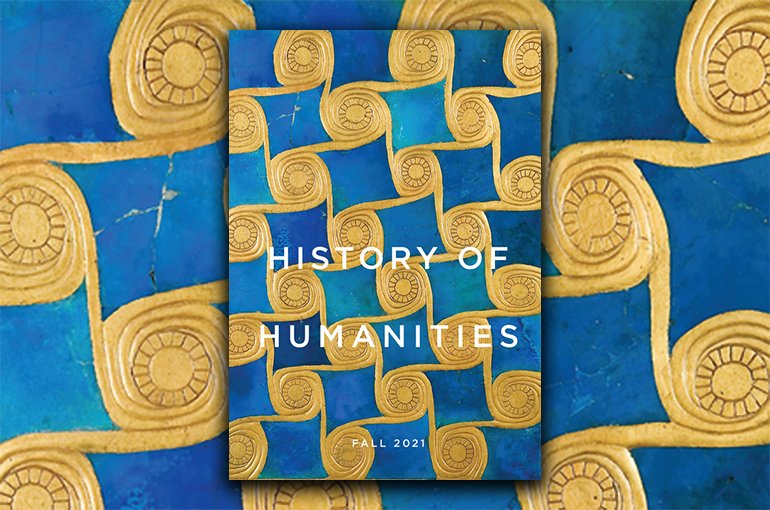Decentralizing the History of the Humanities
Special issue History of Humanities

Prof. Thijs Weststeijn, researcher of early modern European art in a cultural-historical context, is coeditor of the recently published theme issue of History of the Humanities titled Decentralizing the History of the Humanities. This theme issue searches for an alternative perspective for the predominantly European and North American perspective in the history of the Humanities.
Oral and embodied knowledge exchange
The history of the humanities has been written primarily from a European and North American perspective. The authors of Decentralizing the History of the Humanities shift the focus to Africa, Asia, and Oceania. They look for alternatives to traditional centers in terms of language and institutions and emphasise oral and embodied forms of knowledge exchange. African musical practices, for example, posed a challenge to European music theory. Whereas Western colonialism brought with it conceptions of Africa’s archaeology and history, UNESCO made a deliberate attempt to Africanise the historiography of the continent.
Polycentric approach
As early as the seventeenth century, some Europeans tried to modify the historiography based on the Bible in order to arrive, on the basis of Chinese expertise, at a polycentric approach. In China itself, the European model of knowledge was long struggled with: archaeologists sought a Western origin of Chinese civilisation, while where religion was concerned exchange with India was essential. In Australia in the 20th century, proximity to Asia played an increasingly important role in the humanities.
- Title: History of Humanities Vol 6, No 2: Decentralizing the History of the Humanities
- Editors: Rens Bod, Julia Kursell, Jaap Maat en Thijs Weststeijn
- Publisher: The University of Chicago Press
- ISSN: 23793163

